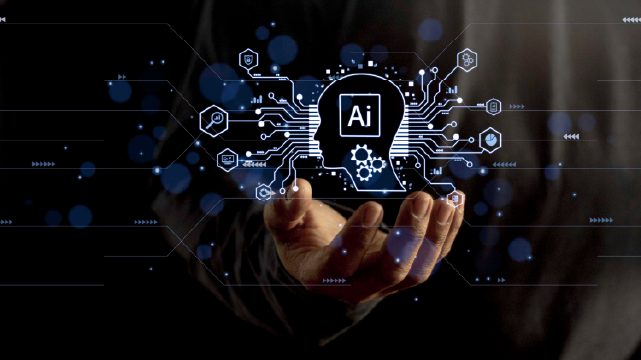
The video game industry is undergoing a dramatic transformation, driven by the rapid rise of artificial intelligence (AI). Once reliant primarily on human creativity and manual labour, game development is now increasingly powered by algorithms that can design, animate, test, and even narrate entire worlds. From indie studios to AAA giants, AI is reshaping how games are made, played, and experienced. Whether it’s console games, puzzle games or slot games, which you can find plenty of at reputable sites like No Deposit Slots, the game development industry is certainly changing through AI’s prevalence.
Automating Game Design and Asset Creation
One of the most visible impacts of AI is in content generation. Tools like generative AI models can now produce textures, 3D models, sound effects, and even character animations with minimal human input. Platforms such as NVIDIA’s GauGAN, Scenario, and Leonardo AI enable developers to generate detailed environments from simple sketches or text prompts.
This automation accelerates the early stages of development, reducing costs and production time. Small teams can now create large-scale, visually rich worlds that previously required dozens of artists and designers. In addition, AI-assisted design tools are helping developers prototype faster, iterate more efficiently, and focus more on storytelling and gameplay innovation.
Revolutionising Character Behaviour and NPCs
AI is also transforming how non-playable characters (NPCs) behave and interact. Traditional NPCs follow scripted paths and dialogue trees, but modern AI systems can generate dynamic, responsive characters capable of adapting to player choices in real time.
Games like The Elder Scrolls series pioneered basic forms of this with “Radiant AI,” but new technologies, such as large language models (LLMs), push this concept even further. Studios are experimenting with NPCs that can hold natural conversations with players, remember past interactions, and adjust their personalities over time. This shift blurs the line between prewritten storytelling and true emergent gameplay.
Enhancing Game Testing and Quality Assurance
Testing has traditionally been one of the most time-consuming and expensive phases of development. AI-powered automated testing systems can now simulate thousands of gameplay hours, detecting bugs, glitches, and balance issues far faster than human testers.
These systems use reinforcement learning to “play” the game repeatedly, identifying edge cases or exploits that might otherwise go unnoticed. The result is faster iteration cycles, smoother launches, and a more polished final product.
Personalised Gameplay Experiences
AI is also driving the creation of adaptive gameplay that responds to each player’s style, skill, and preferences. Machine learning algorithms analyse player behaviour to adjust difficulty levels, suggest strategies, or alter storylines dynamically.
This personalisation leads to a deeper sense of immersion; no two players experience the exact same game. Titles like Left 4 Dead and Resident Evil 4 Remake already use adaptive AI systems to adjust enemy behaviour based on player performance, setting the stage for even more personalised experiences in the future.
Voice, Music, and Narrative Generation
AI voice synthesis tools, such as ElevenLabs or Replica Studios, are enabling realistic voice acting without traditional recording sessions. Similarly, AI-driven music composition systems can generate adaptive soundtracks that change in tone and tempo based on the gameplay situation.
Narratively, AI is helping writers craft branching storylines with thousands of variations, offering a level of interactivity that was once impossible. In narrative-driven games, this means richer dialogue, more dynamic plots, and endless replayability.
Challenges and Ethical Considerations
While the benefits are significant, the integration of AI also raises important ethical and creative concerns. Artists and voice actors have voiced fears about job displacement and the use of their likeness or voice without consent. Additionally, AI-generated assets can lead to copyright and originality disputes, especially when trained on preexisting works.
Developers must strike a balance between efficiency and authenticity, ensuring that AI enhances, rather than replaces, human creativity. Transparency in data usage and the establishment of ethical AI frameworks are becoming crucial for the industry’s long-term sustainability.
The Future: Collaboration Between Humans and Machines
The future of game development isn’t about AI replacing human creators; it’s about collaboration. AI can handle repetitive, technical, or large-scale tasks, freeing developers to focus on creativity, storytelling, and innovation. As these tools evolve, we’ll likely see an explosion of new genres, experimental mechanics, and deeply personalised gaming experiences.
Final Thoughts
AI is not just a new tool in the developer’s toolkit; it’s a paradigm shift that is redefining what’s possible in gaming. From procedural world-building to intelligent NPCs and adaptive storytelling, artificial intelligence is transforming the art and science of play itself.





















